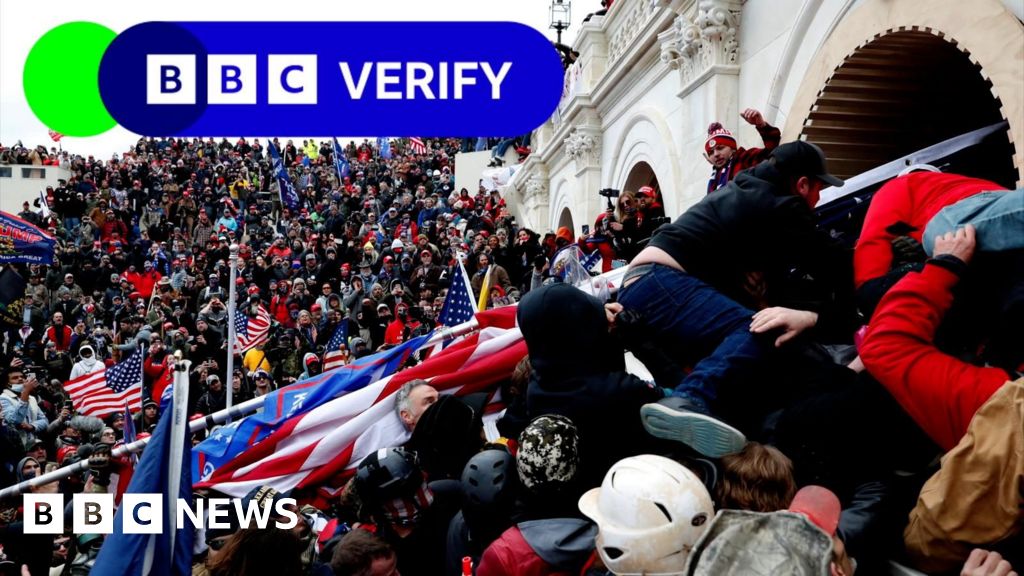In today’s digital age, where social media dominates communication and self-expression, the lines between self-regulation, discretion and boundaries are increasingly blurred, while privacy is almost non-existent.
As such, social media has become a powerful tool for self-expression, amplifying the consequences of what can be termed poor judgment. A recent incident involving Nigerian music icon KWAM 1 raised pertinent questions.
On Saturday, KWAM 1 publicised a private phone conversation between himself and President Bola Tinubu, who called to commiserate with him over his mother, Alimotu Anifowoshe’s death.
The music star, an avid supporter and friend of President Tinubu, lost his mum — four days after his ex-wife Hafsat Anifowoshe died at age 65 due to an unknown ailment.
The 58-second long telephone conversation, which was in Yoruba language, went thus:
Kwam1: She (my mother) has gone to reunite with her sister in heaven. Thank you for calling me. Both of them will now be holding their meetings in heaven.
Tinubu: You will live long.
Nigerians need credible journalism. Help us report it.
Support journalism driven by facts, created by Nigerians for Nigerians. Our thorough, researched reporting relies on the support of readers like you.
Help us maintain free and accessible news for all with a small donation.
Every contribution guarantees that we can keep delivering important stories —no paywalls, just quality journalism.
Kwam1: Amen, sir.
Tinubu: You will live very long.
Kwam1: Akanbi, you will also live long. Thank you, sir.
Tinubu: God will not allow you to suffer.
Kwam1: Amen, sir. With you (ìwo) as President, how can I suffer? You are my father, the president. I cannot suffer in Nigeria under your leadership. The son of the departed will not suffer, nor will the son of Asiwaju. Thank you, sir. Wishing you a safe trip back home.
Tinubu: God bless you.
The social-media-loving singer shared their telephone conversation on his Instagram page on Saturday, sparking widespread debate and raising questions about the motivation and potential consequences of such a move.
Two presidential aides told PREMIUM TIMES on Sunday that the president wasn’t aware he was recorded and was not asked for permission to make the conversation public.
“KWAM 1 has a lot of excesses,” one of the aides said, asking not to be named as he was not authorised to speak on the matter. “He simply overreached himself. But the president is large-hearted and may simply overlook his folly.”
Protocol breach, security concerns
One of the primary criticisms of KWAM 1’s action is the apparent protocol breach. The president’s private call to offer condolences is a gesture of empathy and respect, and such communications are generally not intended for public consumption.
By sharing the conversation, KWAM 1 undermined established protocols for interactions with the nation’s leader, irrespective of their bond or friendship.
Moreover, the public release of a private call involving the president raises significant security concerns. Yet, it could be argued that the president’s handlers do not have control over their principal’s private interactions with family, friends and even associates, potentially compromising security.
While the content of this particular call appeared harmless, it sets a troubling precedent that private calls can be casually recorded and shared online. This act also exposes the dangers of potential misuse of access to the president.
Dangers of social media validation
The quest for vanity metrics such as likes, shares, a huge following, and viral content has seen celebrities and even their followers exert much pressure to maintain relevance on social media, thereby making questionable decisions.
As of press time, the post has been viewed over 24,000 times, shared over 3,219 times, and garnered about 940 comments.
Interestingly, the conversation was ongoing when KWAM 1 suddenly felt the urge to record and put the call on speakerphone to the hearing of those present. Earlier, he also posted a video clip of Governor Dapo Abiodun’s phone call to him, condoling with him on his mother’s death on his Instagram pages.
KWAM 1’s publicising of this conversation appears to be rooted, at least in part, in the quest for social media validation.
It is somewhat puzzling that KWAM 1, who has enjoyed unfettered access to high society for years, felt the need to post his private conversation with the president on social media. And to what end?
Sharing such an intimate exchange might have been an attempt to gain public approval, display his connection to power, generate buzz around his persona, or, as they say in Nigerian parlance, ‘pepper’ his colleagues and critics.
The move was unnecessary and is, in fact, a PR gaffe and an unwise decision that defeats its purpose.
As is expected, his followers are divided in their opinions. While many have hailed him for having ‘connection and direct access to the President without a middle man,’ others have described the move as ‘immature and an unnecessary show off with far-reaching consequences.’
Oversharing, especially involving others who have not consented, highlights the growing tendency to prioritise online appearances over real-life relationships. By posting the phone call, KWAM 1 exposed himself to public scrutiny and criticism, turning what should have been a solemn and private moment into a topic of widespread debate.
For instance, critics were quick to establish that, unbeknownst to him, he disrespected the president as a direct consequence of oversharing.
During the conversation, Kwam 1, referring to his late mother, said, ‘O lo ba sister e’, meaning she went to meet her sister.
He also used ‘e se’ (a way of saying thank you to a respected person), but ‘ìwo’ (which means you to someone of equal or lower status) can be argued to be disrespectful to the president.
While it is understandable that celebrities and influencers may feel compelled to share moments of significance with their followers, discretion is essential when those moments involve others who may not have consented to the exposure.
Impact on trust, relationships
Publicising private conversations can have lasting consequences for trust and relationships. In this instance, the act could strain the rapport between KWAM 1 and President Tinubu.
If this trust is breached, it can lead to a more guarded and less authentic approach to future interactions.
Friends, associates, and collaborators with reputations to protect may become wary of sharing personal thoughts or experiences with him during phone conversations, fearing their interactions could be exposed to the public.
On the other hand, this incident offers essential lessons for public figures and their handlers navigating the intersection of private and public life.
READ ALSO: Video: Cost of Journalism: Nigeria democracy at risk as attack on press continues under Tinubu
This is where the president’s handlers must step in and establish stringent ground rules and protocols for such future contacts to avoid belittling the president’s office and person, as witnessed in their principal’s interactions with his musician friend.
While social media allows public figures to connect directly with their audience, it also demands a higher level of responsibility and decorum.
Support PREMIUM TIMES' journalism of integrity and credibility
At Premium Times, we firmly believe in the importance of high-quality journalism. Recognizing that not everyone can afford costly news subscriptions, we are dedicated to delivering meticulously researched, fact-checked news that remains freely accessible to all.
Whether you turn to Premium Times for daily updates, in-depth investigations into pressing national issues, or entertaining trending stories, we value your readership.
It’s essential to acknowledge that news production incurs expenses, and we take pride in never placing our stories behind a prohibitive paywall.
Would you consider supporting us with a modest contribution on a monthly basis to help maintain our commitment to free, accessible news?
TEXT AD: Call Willie - +2348098788999















 English (US) ·
English (US) ·